The real threat to Facebook isn't regulation. It's teenagers.

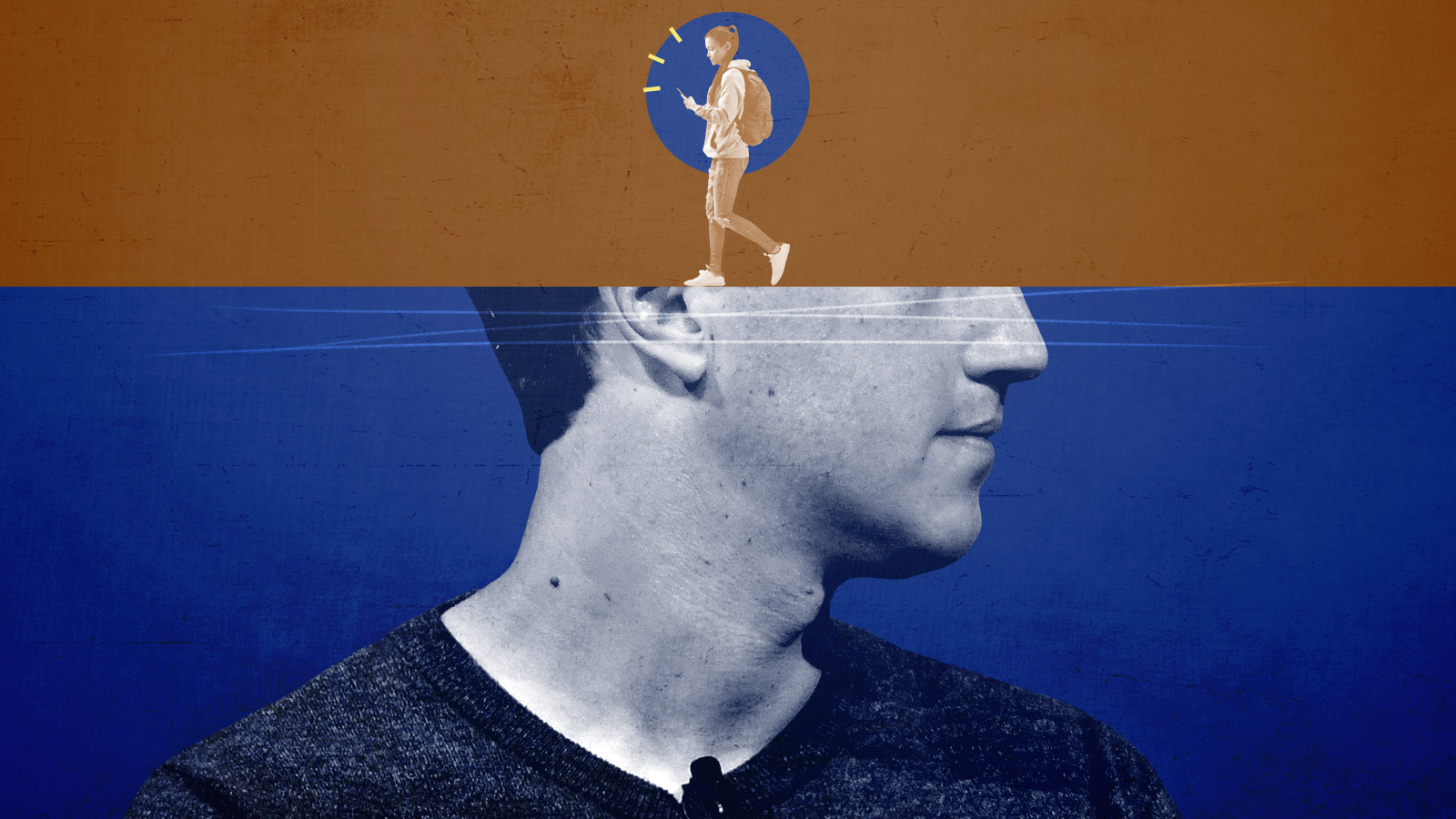
A free daily email with the biggest news stories of the day – and the best features from TheWeek.com
You are now subscribed
Your newsletter sign-up was successful
Facebook has had a terrible fall. Documents released to the media by whistleblower Frances Haugen have provided a cornucopia of revelations — that Mark Zuckerberg's company bargained away free speech rights for access to Vietnam, that execs knew its Instagram app harms teen girls, and that its algorithm promoted rage-inducing content to keep users engaged. (No wonder we're so angry all the time.)
The parade of scoops is at least partly a function of Facebook's power and size. The platform reportedly has 2.91 billion monthly users, which is a sizable portion of the planet's population. Facebook might not be a country, exactly, but it touches more people in more places than just about any institution on Earth. What it does matters.
But what if Facebook has peaked?
The Week
Escape your echo chamber. Get the facts behind the news, plus analysis from multiple perspectives.

Sign up for The Week's Free Newsletters
From our morning news briefing to a weekly Good News Newsletter, get the best of The Week delivered directly to your inbox.
From our morning news briefing to a weekly Good News Newsletter, get the best of The Week delivered directly to your inbox.
There was a hint of flop sweat coming from Zuckerberg Monday during an earnings call with investors, but not because of all the recent bad publicity. He said the company is "retooling" to become more popular with young people. Facebook might be huge with your mom and her generation, but it's the favorite social network of just 3 percent of American teens. (Snapchat and TikTok, at 31 and 30 percent respectively, lead the pack.) Teen users of Facebook have declined by 13 percent in the last two years. Going forward, Zuckerberg said, Facebook's focus will be making "our services ... stronger for young adults."
Good luck with that. If the social media era has taught us anything, it's that once a social network loses its cachet, it's tough — perhaps impossible — to recover. The first platform I ever used was Friendster, which was very briefly popular back in the aughts. After that came MySpace, which created so much frenzy Rupert Murdoch bought it. Today, Friendster no longer exists, and MySpace no longer matters.
Facebook probably won't decline so precipitously. It's inserted itself into our online interactions so thoroughly it's difficult to simply ignore the app. Lots of people use their Facebook account to sign into other services, like Spotify. And one of the company's offerings, WhatsApp, is used by a billion people the way earlier generations used AT&T: as the default form of long-distance communication.
Before a company can entangle itself in your life, though, you actually have to use it. Young people aren't doing that. Whistleblower revelations may lead Congress to regulate Facebook or even break up the company. But the real threat to Facebook's power and influence in our lives might be all those teens who think Snapchat is cooler.
A free daily email with the biggest news stories of the day – and the best features from TheWeek.com
Joel Mathis is a writer with 30 years of newspaper and online journalism experience. His work also regularly appears in National Geographic and The Kansas City Star. His awards include best online commentary at the Online News Association and (twice) at the City and Regional Magazine Association.
-
 Why are election experts taking Trump’s midterm threats seriously?
Why are election experts taking Trump’s midterm threats seriously?IN THE SPOTLIGHT As the president muses about polling place deployments and a centralized electoral system aimed at one-party control, lawmakers are taking this administration at its word
-
 ‘Restaurateurs have become millionaires’
‘Restaurateurs have become millionaires’Instant Opinion Opinion, comment and editorials of the day
-
 Earth is rapidly approaching a ‘hothouse’ trajectory of warming
Earth is rapidly approaching a ‘hothouse’ trajectory of warmingThe explainer It may become impossible to fix
-
 South Korea's divide over allowing Google Maps
South Korea's divide over allowing Google MapsTalking Points The country is one of few modern democracies where the app doesn't work
-
 Are AI lovers replacing humans?
Are AI lovers replacing humans?Talking Points A third of Gen Z singles use tech as a 'romantic companion'
-
 Why Bezos' new pickup could be a 'wrecking ball' in EV industry
Why Bezos' new pickup could be a 'wrecking ball' in EV industryToday's Big Question Slate Auto's no-frills approach is a 'potential Tesla killer'
-
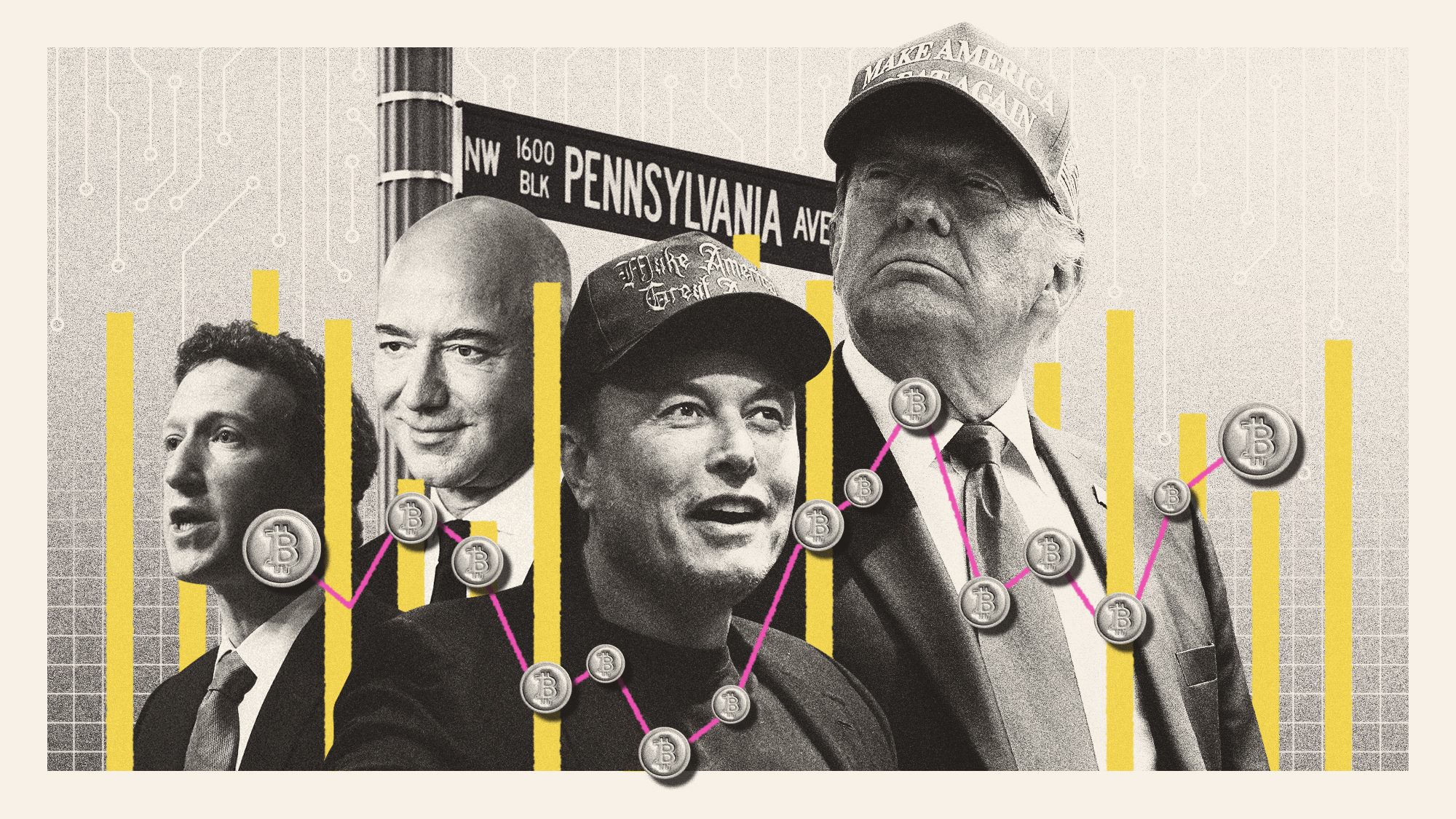 What Trump's win could mean for Big Tech
What Trump's win could mean for Big TechTalking Points The tech industry is bracing itself for Trump's second administration
-
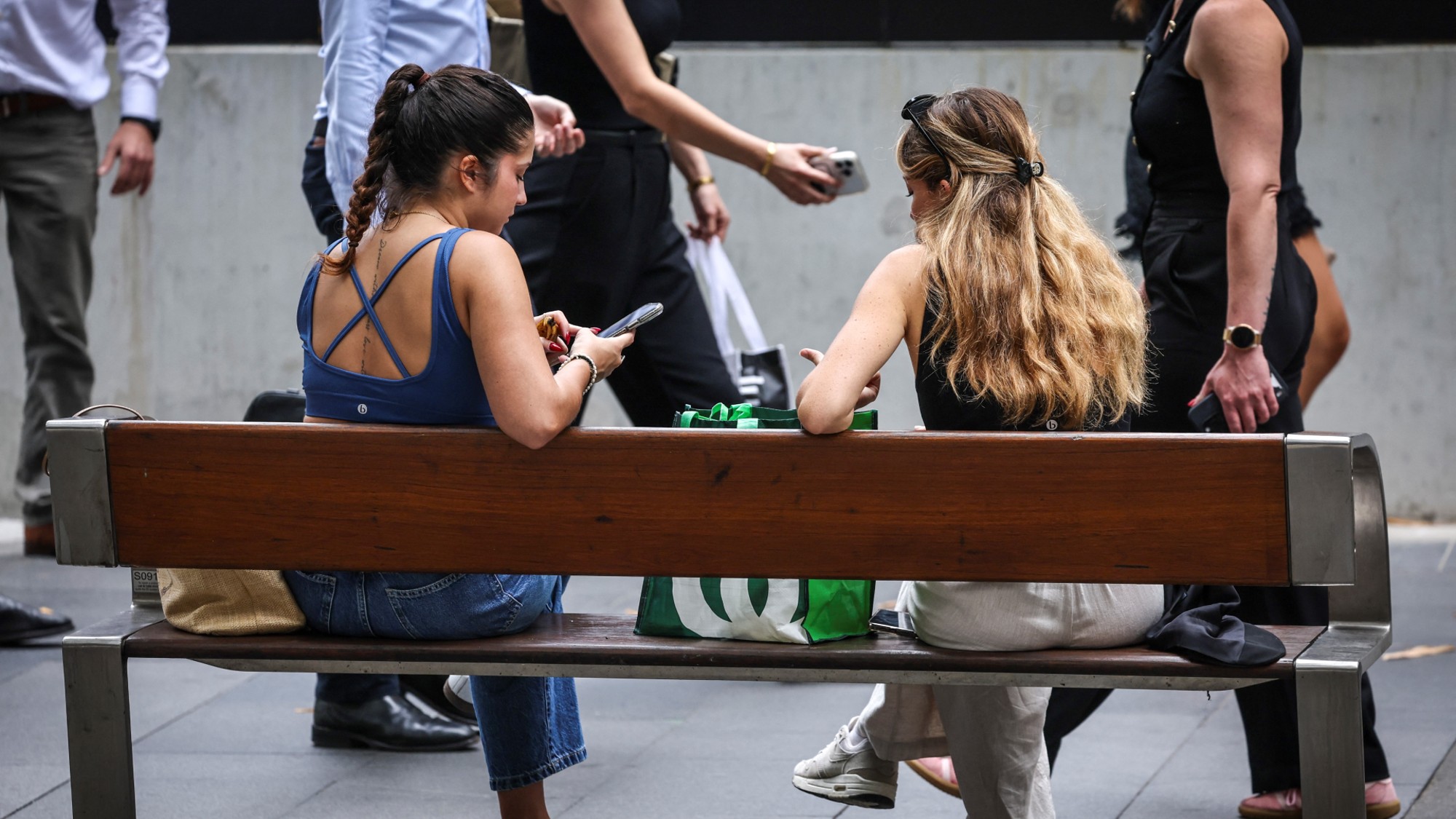 Social media ban: will Australia's new age-based rules actually work?
Social media ban: will Australia's new age-based rules actually work?Talking Point PM Anthony Albanese's world-first proposal would bar children under 16 even if they have parental consent, but experts warn that plan would be ineffective and potentially exacerbate dangers
-
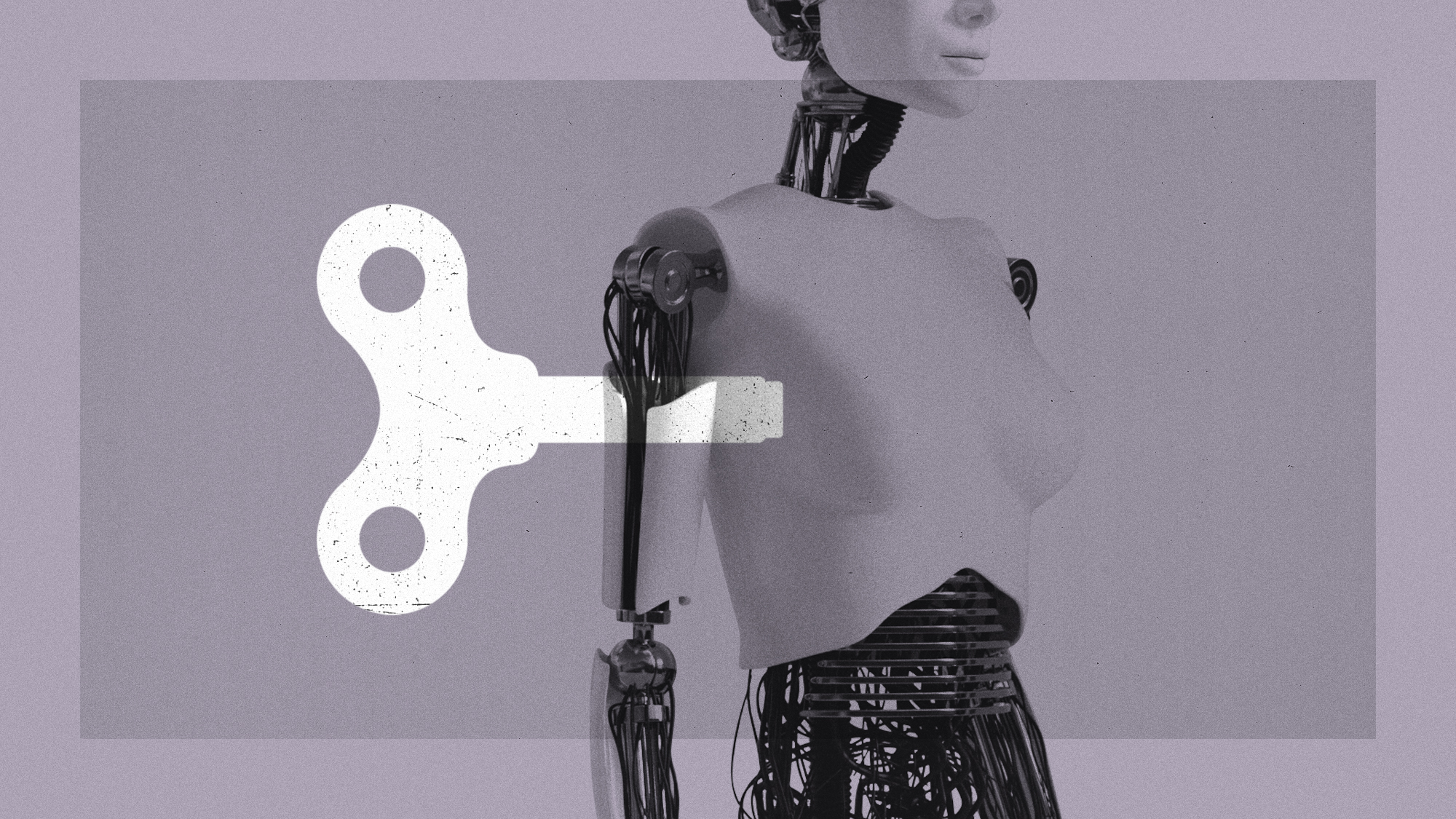 Is the world ready for Tesla's new domestic robots?
Is the world ready for Tesla's new domestic robots?Talking Points The debut of Elon Musk's long-promised "Optimus" at a Tesla event last week has renewed debate over the role — and feasibility — of commercial automatons
-
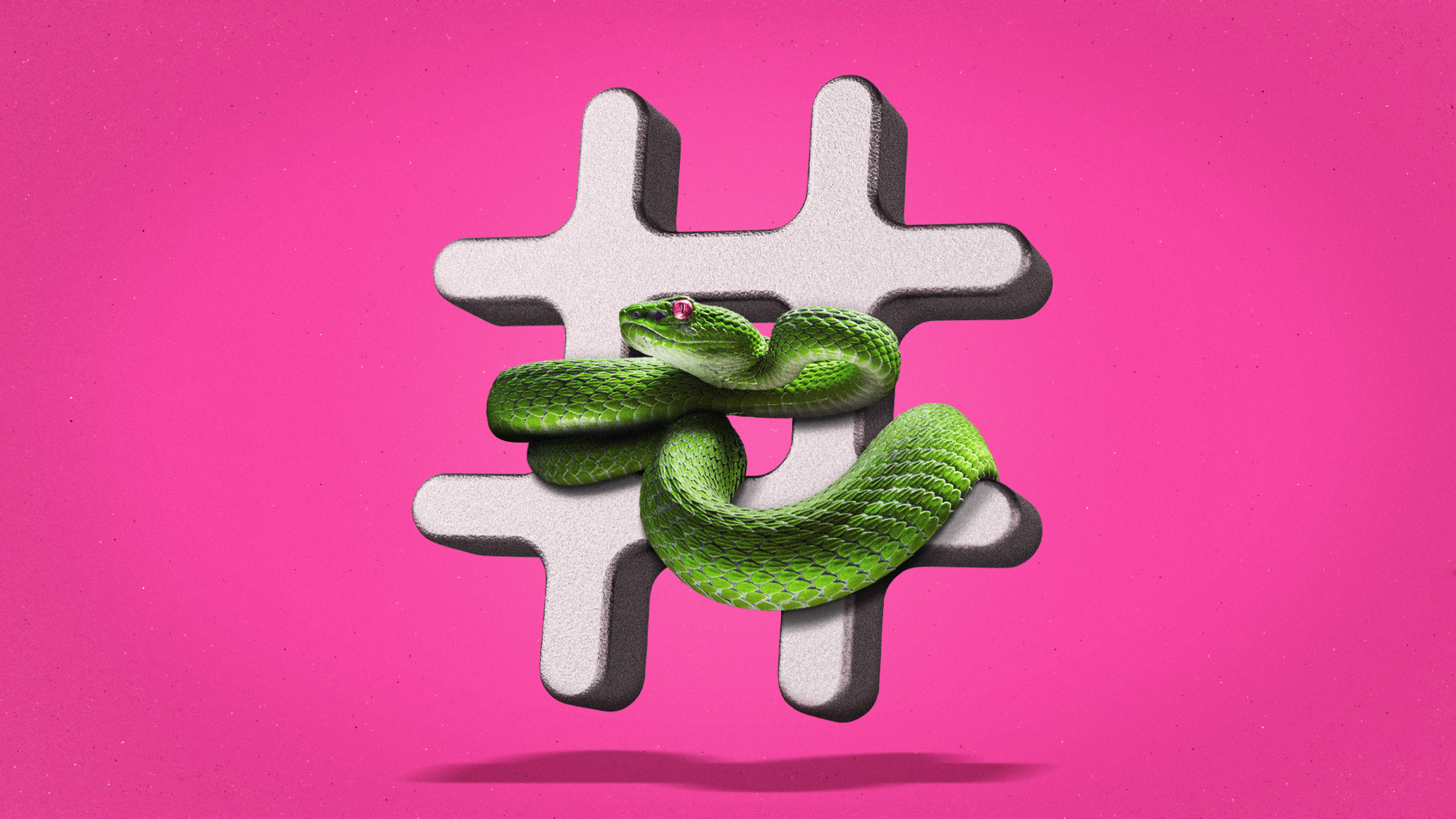 Social media could come with a warning label
Social media could come with a warning labelTalking Points Do Facebook and TikTok need the notifications that come on cigarettes?
-
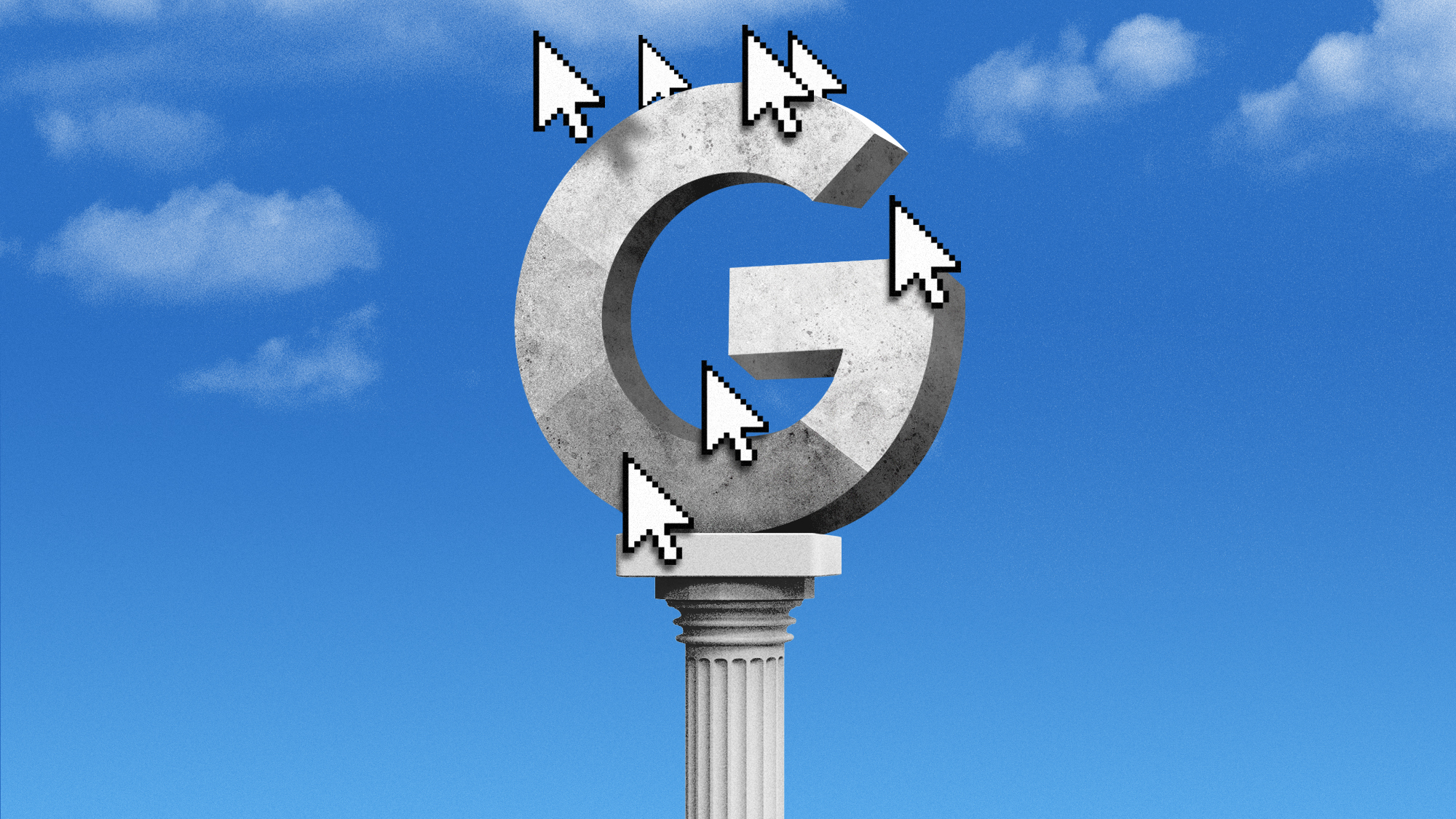 How AI is going to change the Google search experience
How AI is going to change the Google search experienceTalking Points Summaries are the new links
